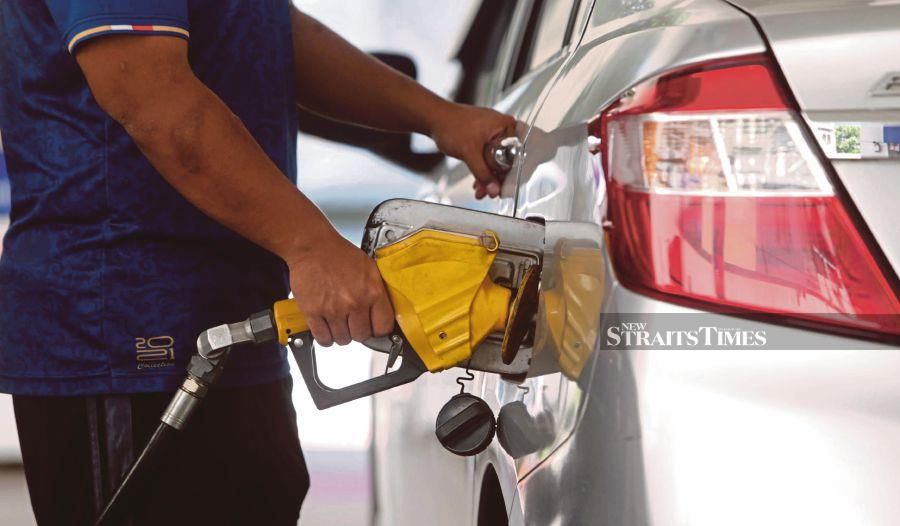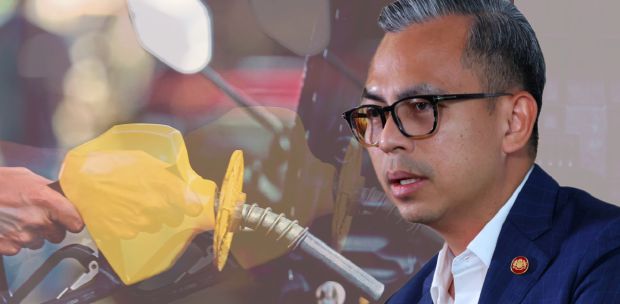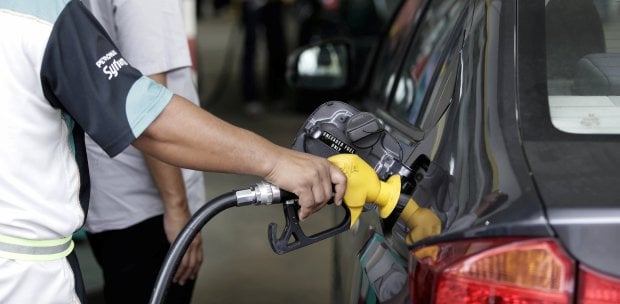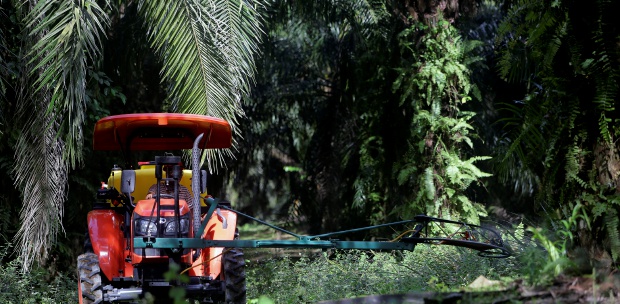KUALA LUMPUR: The government's move to use the Road Transport Department's (RTD) database to determine eligibility for fuel subsidies based on the engine capacity of the vehicle that one owns has triggered online debate.
Social media users questioned whether ownership of a vehicle with a high-engine capacity was the fairest way of assessing one's economic ability and wealth.
Domestic Trade and Cost of Living Minister Datuk Seri Salahuddin Ayub said last week that the ministry would use the RTD's database as one of the ways to identify recipients for subsidised RON95 petrol, which would be based on the engine capacity of the vehicles they owned.
This came after Prime Minister Datuk Seri Anwar Ibrahim last month gave a two-week deadline for ministries to devise subsidies targeted at the Bottom 40 (B40), and Middle 40 (M40) income groups, and small businesses.
One social media user, posting in an online motoring forum, joked that he was considering trading off his 20-year-old BMW for a second-hand Perodua MyVi to benefit from fuel subsidies.
"So, owners of Proton X70 sports utility vehicles (SUV) with a 1.5-litre turbocharged engine will also be enjoying fuel subsidies since it will be given based on engine capacity. Is this fair?
"Just use data from the Inland Revenue Board (IRB) and tax those who buy brand new cars with 1.5-litre turbocharged or 2.0-litre engines, or cars that are less than four to five years old," the user commented to an article at the PaulTan automotive website.
Another netizen said rolling out petrol subsidies based on engine capacity of vehicles would fuel a black market, where those from the lower-income bracket might sell subsidised fuel to the rich for a fee.
"So, the rich will be funding the poor and incentivising them to remain poor, so that they get to enjoy the fuel subsidy.
"If (subsidies are given) based on engine capacity, I'll just buy a MyVi, pump my tank full and then siphon all the fuel into my BMW 740i," the user said.
Another social media user urged the government to focus on encouraging people from the B40 group to commute by public transport instead.
"Why should rich people pay more tax so that the government can feed the poor? Many people in the T20 group are not entrepreneurs. They are employees who work hard for a reasonable pay, and even pay high income tax.
"If the government says no fuel subsidy for cars with a 2.0-litre engine and above, then please return the excise duty tax or reduce the income tax of 'rich' people," the user said.





